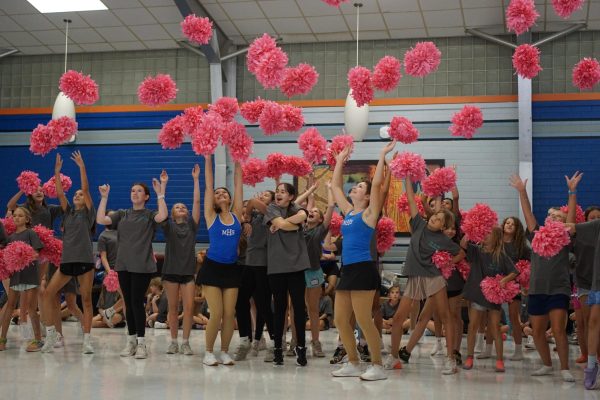Zadran’s journey changes perspective, appreciation of home
Afghan senior describes differences, shift from his homeland to Austin
When Zadran began attending school over a decade ago, he expected to graduate in his homeland; now he finds himself in a completely different nation, but with an idea of what direction he wants his life to take.
December marked the fifth anniversary of senior Omidullah Zadran’s arrival in the United States following his departure from Afghanistan.
The circumstances surrounding Zadran and his family’s need to move are sensitive, and what he was able to disclose was limited.
“My dad was working with foreigners, like Americans,” Zadran said. “Because of that, our lives were not safe in Afghanistan. We applied in the SIV (Special Immigration Visa) program, and we came here. My dad worked maybe 15 or 16 years with Americans.”
After they got approved for the SIV, Zadran’s family took a flight to Dubai.
“It was nighttime [in Dubai] and we got shifted to a hotel,” Zadran said. “We stayed there for like six hours, ate and then at like 4 a.m. we got in another airplane.”
From there they went to Germany, followed by Chicago, before finally landing in Austin in late 2017. Zadran doesn’t remember much about the first two places, having only spent time in airports and hotels.
In early 2018 Zadran found himself enrolled in Webb Middle School, where he would finish seventh grade with the help of the ELDA program, where he was granted support and personal educational assistance from Webb’s teachers, mainly on how to read and write in English. The following year he transferred to Kealing Middle School after his family moved to a house a mere mile away from the campus. After graduating eighth grade, Zadran arrived at McCallum, where he’s been since, and now only has a handful of months left before being ushered into the real world; luckily, he has a plan for where his academic journey will take him next.
[My old school was] very different. For example, we don’t have computers, no air conditioning, the teachers have to go from one class to another class.
— senior Omidullah Zadran
“I’m going to go to Austin Community College, study there for two years, then transfer myself to UT Austin,” Zadran said. “I want to major in law, or if I can’t, I will do computer science.”
When Zadran turns his attention to the past, he recalls that Afghan schools differ wildly from what students here in the states are accustomed to.
“It’s very different; for example, we don’t have computers, no air conditioning,” Zadran said. “The teachers have to go from one class to another class. Our school was small, and it was a private school. It was a lot better than public school. Our grade system is a lot different.”
Throughout his six day-long school week (only Friday was granted off), Zadran would attend different classes every day, with the overall total amounting to 13 individual subjects: Dari, Pashto (the main Afghan language), English, sports, physics, biology, art, social studies, world history, Afghan history, algebra, geometry and Arabic. Typically, a school day for Zadran lasted from 6:30 a.m. to noon, and the school year began in April and came to an end in December, leaving most of the winter months as a break period. Students had to wear a uniform consisting of a suit and black shoes, with a mandated hairstyle to boot; nevertheless, the education system isn’t the only facet of society in Afghanistan that is dissimilar to America.
“It’s different in many ways, such as education, safety and work,” Zadran said. “I feel like Afghanistan’s citizens, food and history are better; Afghanistan has really beautiful landscapes, like really beautiful.”
Half a decade of separation from his roots has made Zadran homesick, and he hopes to return to his homeland when the time is right.
“I miss my friends, my relatives, my childhood places,” Zadran said. “When I graduate college, I’m considering taking a visit. I was born in Khost, but I moved to Kabul, the capital, when I was 3 and lived there for most of my life. It’s mostly safe from other states, and it’s more well-designed than the other states. A lot of the important people lived there. There were people, but it had historical places, landscapes, beautiful rivers, not like the capital where there are high buildings.”
As for his new city, Zadran has observed the pros and cons of living here.
“It’s beautiful, I like it here,” Zadran said. “The people are nice, the education. But if I’m being serious, I do not like the food. It’s hella expensive, but in Afghanistan it’s cheap, like you could get a bag of chips for 20 cents. But now when the Taliban took over, a bag of chips is like five cents, because the dollar value went up.”
I miss my friends, my relatives, my childhood places. When I graduate college I’m considering taking a visit. I was born in Khost, but I moved to Kabul, the capital, when I was like three and lived there for most of my life.
— Zadran
As winter break comes to a close, Zadran appreciated the time off, but as a Muslim had nothing to celebrate while out of school. In his culture, there are only two major holidays, those being Ramadan, a month-long fasting period, and Eid, the festival that immediately follows it and represents giving thanks to Allah, the Islamic God. Fasting during Ramadan is one of the Five Pillars of Islam, duties that have to be fulfilled by every Muslim. Another is participating in the Hajj, a pilgrimage to the holy city of Mecca, which must be done at least once in a lifetime. Zadran explains that it’s something done with loads of preparation beforehand.
“It’s the same as you are going to another country in an airplane,” Zadran said. “Mecca is located in Saudi Arabia, and you have to get a hotel there and a haircut and food, so it depends on if you’re financially ready or not.”
For Zadran, making such a great journey would be just as long and costly as getting back home; however, whenever he does find himself in Afghanistan again, he will arrive with a better understanding of the world as a whole. When he looks back on how far he’s come, Zadran is proud of the vast progress he’s made in getting accustomed to a new life on the other side of the world.
“I came really far in terms of adapting to the West’s culture,” Zadran said. “At first it was hard, like the studies, communication, not being able to speak English correctly. But as time went by I learned English and next, Spanish. [The rest of] the culture was easy.”



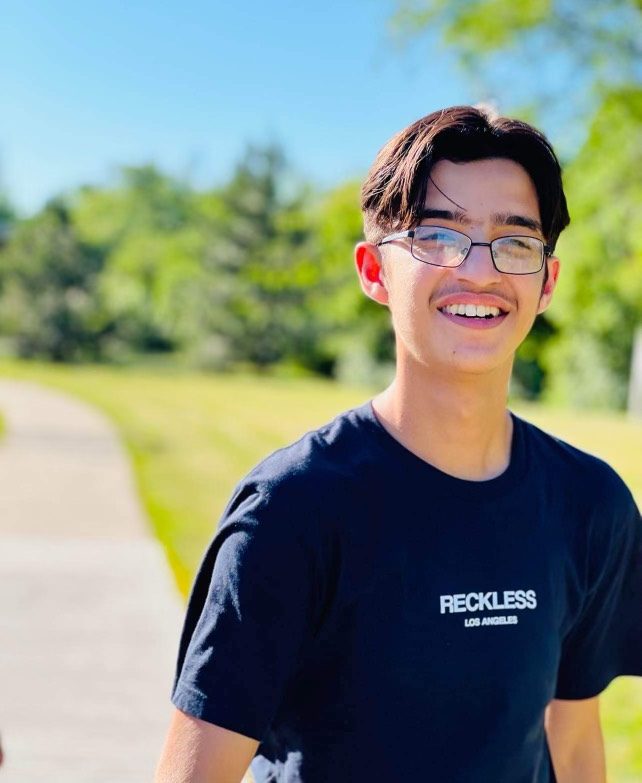
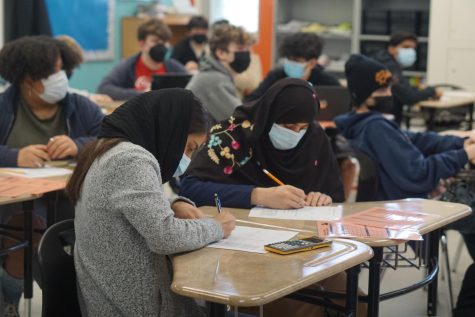
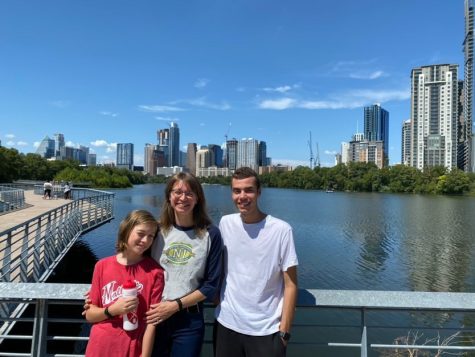
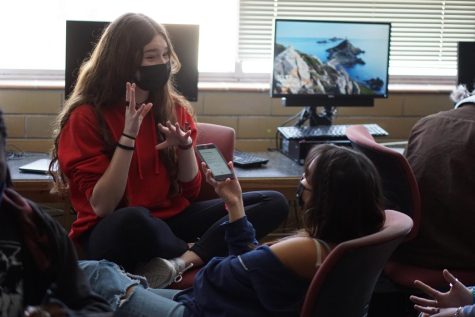
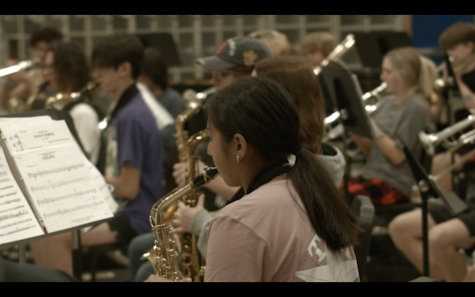

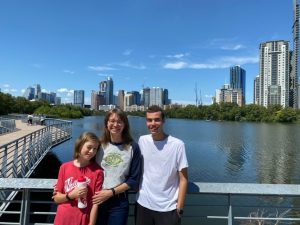

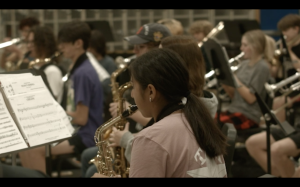


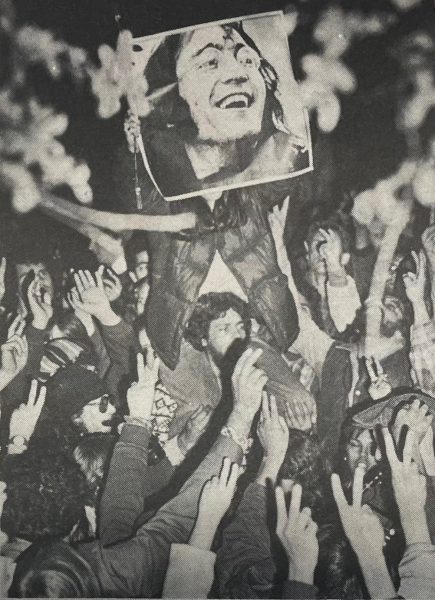
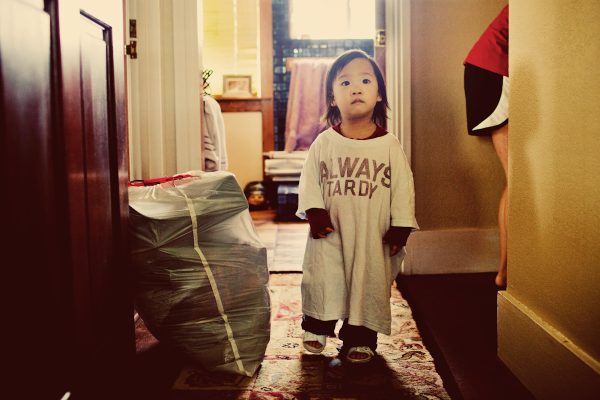

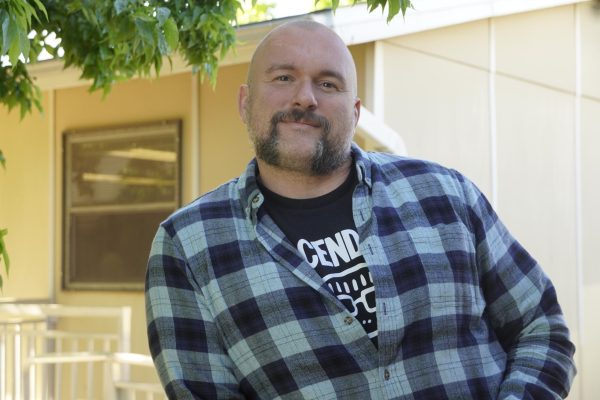

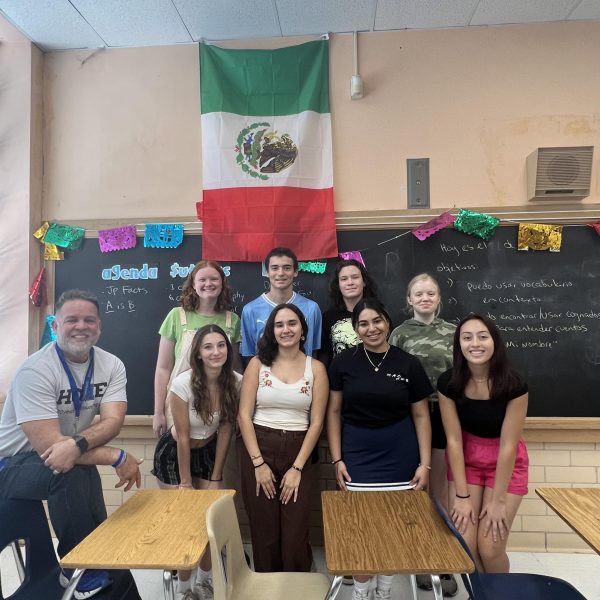
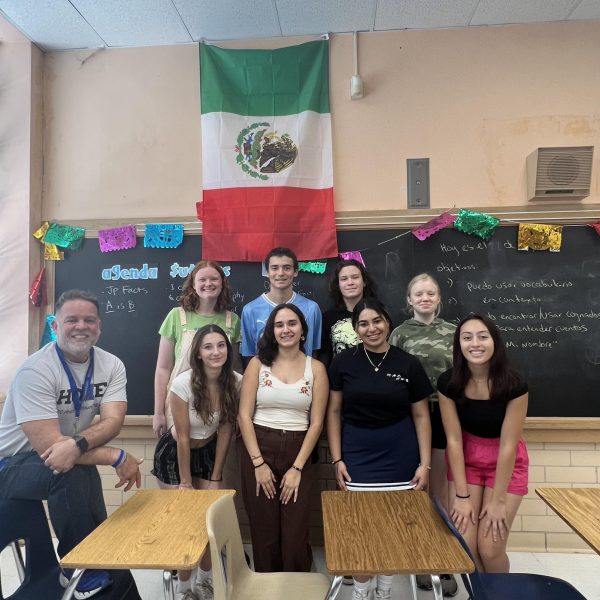

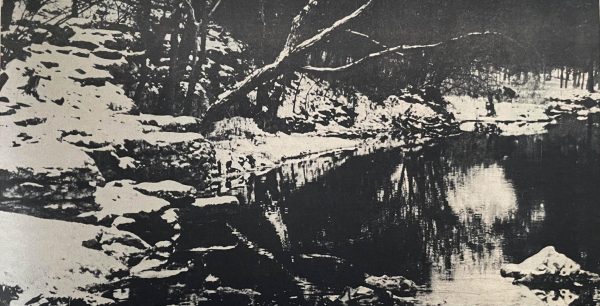
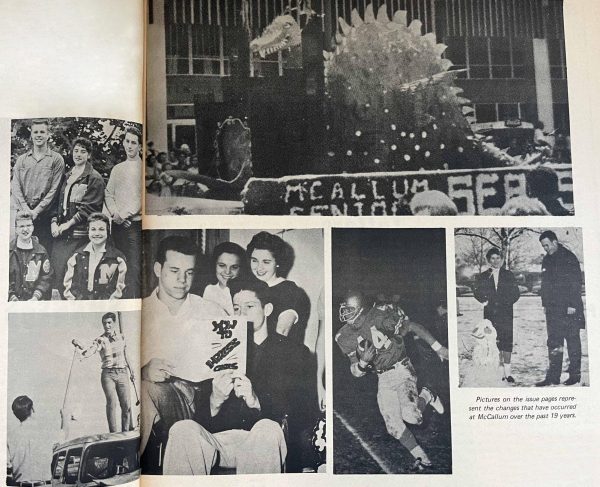
![NOTHINGS BETTER THAN FUNNELCAKES: In the small blacktop by the flower garden, food trucks, candy corn stalls and funnel cake stands are set up with picnic table for a break when people get hungry. Many visitors come here to meet up with friends and explore the other areas as well, but it furthermore serves as a perfect place for conversation. “I think it [the gathering space] makes the school feel more lively,” Dube says.](https://macshieldonline.com/wp-content/uploads/2024/01/Gullet-Carnival-Photo-Essay-1-1-600x338.jpg)

